
Married to the Brand
Why Consumers Bond with Some Brands for Life
Recommendation
Why do some people drive an extra mile for a cup of Dunkin’ Donuts coffee, fly only on JetBlue, or use Dial soap year after year? According to author William J. McEwen, it’s because they are “married to the brand.” They feel an emotional connection that goes far beyond simply liking the product. These “brand marriages” can translate into a substantial increase in profits for your company. However, in spite of a plethora of customer loyalty and customer satisfaction programs, most hard-working brand managers fall short of tying the knot. In other words, they’re flirting with customers and may even go on several dates, but they’re not leading them to the brand altar to get hitched in permanent commercial bliss. In this work, McEwen explores the emotional link between customers and brands, and offers a variety of recommendations based on research conducted by his employer, the Gallup Organization. getAbstract suggests this book to brand managers or marketers who are ready to make a meaningful and emotional commitment – to your customers, that is – and who don’t mind tracking the marital metaphor all the way to market.
Summary
About the Author
William J. McEwen was an account manager for leading advertising agencies for more than two decades. Currently, he is a global practice leader and consultant for the Gallup Organization.


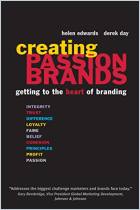
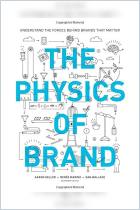
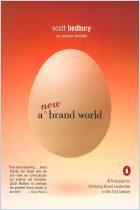
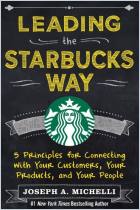
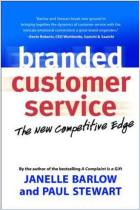
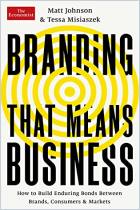



Comment on this summary